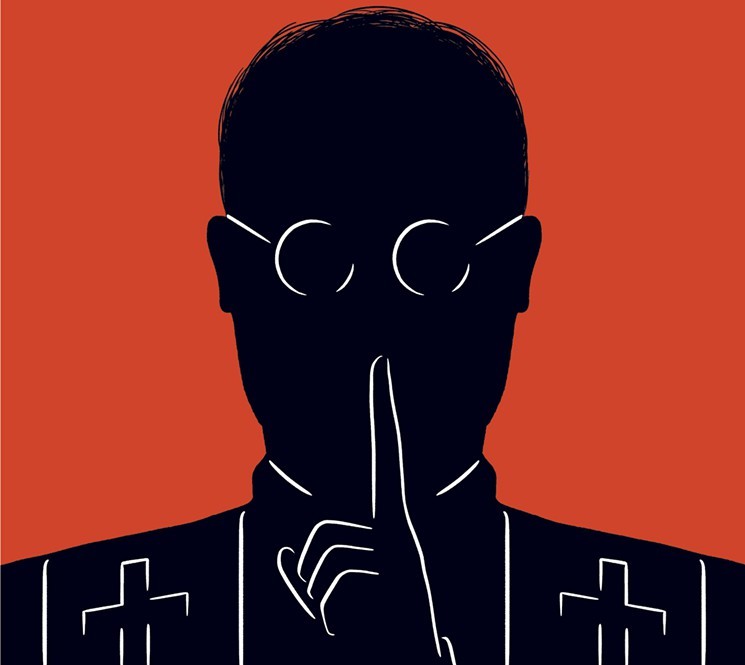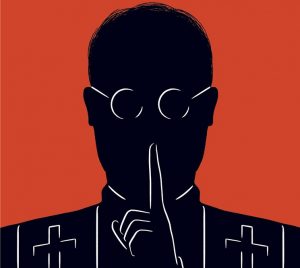#ChurchToo has apparently come to England. The BBC reports that the Independent Inquiry into Child Sexual Abuse (IICSA) has released an interim version of its final report nearly a month before it was expected, and that it does not paint the Church of England in a positive light. According to the BBC’s story, the report’s findings are shocking, and include that the internal committee tasked with reviewing cases found very few which it deemed worthy of action:
“The Church of England’s Past Cases Review (PCR) looked at over 40,000 case files – it is not known whether they all related to abuse claims – but the review concluded that just 13 cases of alleged child sexual abuse needed formal action.
“…Eventually the PCR excluded those who had died, retired, or who were deemed no longer to pose a risk. Other excluded cases related to a cleric who was allegedly addicted to pornography and another said to have had an “obsessional interest in satanic ritual abuse”. Sexual offences which had been decriminalised were also left out… Allegations of grooming behaviour were also excluded. One diocesan bishop did not engage with the review at all and many files containing allegations remained unopened in filing cabinets.”
The Guardian adds further that Sir Roger Singleton, the author of the report, found that there was not a deliberate effort to conceal information. Singleton’s four recommendations, based on the mishandling of an internal Church of England review (the “PCR” mentioned above), are:
“1. Cathedrals and other parts of the church with decision-making bodies should conduct an updated review if they were not involved in the PCR;
“2. All relevant files not examined in 2008-09 are independently reviewed;
“3. All safeguarding concerns about parish employee or volunteer behaviour should be notified to the diocesan safeguarding adviser (DSA);
“4. ‘Renewed impetus’ should be given to the recording and cross-referencing of safeguarding issues.”
A March article in The Guardian which described the beginning of the hearing process, both laid the blame for the mishandling of abuse claims squarely at the feet of the bishops, and expressed hope for change:
“The church says it has professionalised its safeguarding processes and acknowledges it needs to strengthen its response to survivors. Safeguarding officials see the IICSA hearings as an opportunity to learn from past mistakes with humility and courage.
“Alan Wilson, the bishop of Buckingham, who has pressed for cultural change within the church on abuse, said the IICSA hearings would only “examine the tip of a large iceberg”.
“He added: ‘[The inquiry] has promised to go beyond individual failures and the processes by which they were handled and examine habits, attitudes and beliefs that made them so possible and pervasive. An ounce of culture is worth a ton of policy.'”
The Bishop of London, The Rt. Rev. Dame Sarah Mullally, seemed to be taking this to heart. She writes on her blog, Contemplation in the shadow of a carpark,
“I would agree to some extent that we should be moving quicker and I know we have not yet involved survivors and victims in a way that they, or I, would have liked. I am concerned that we have not yet understood what it is or looks like to put victims and survivors at the heart of what we do. But we have made progress and I do not think we should jump to the conclusion that a safeguarding system which is independent of the Church of England will fix everything. I do not believe that the Church should lose responsibility for ensuring that it is a safe place.”


